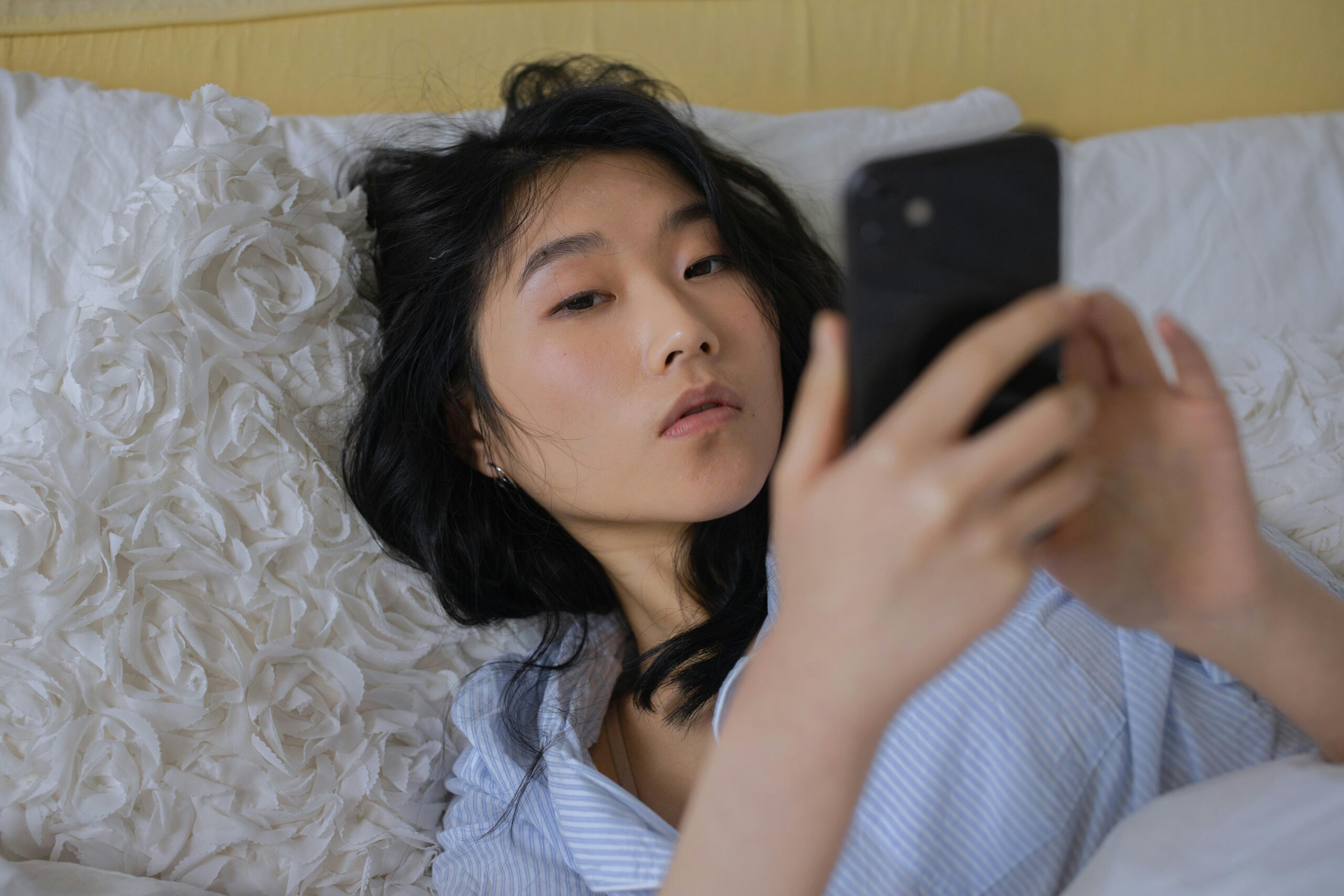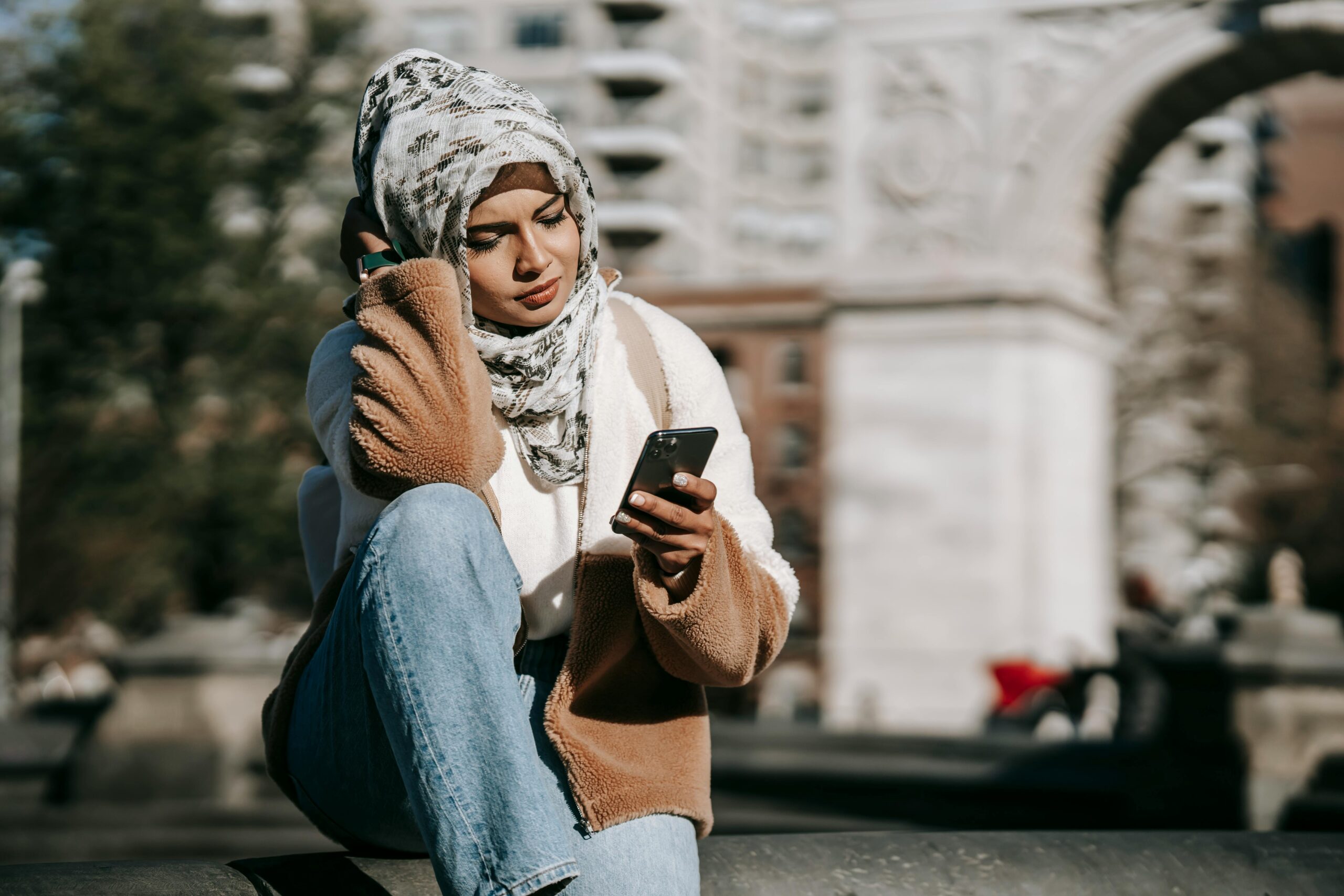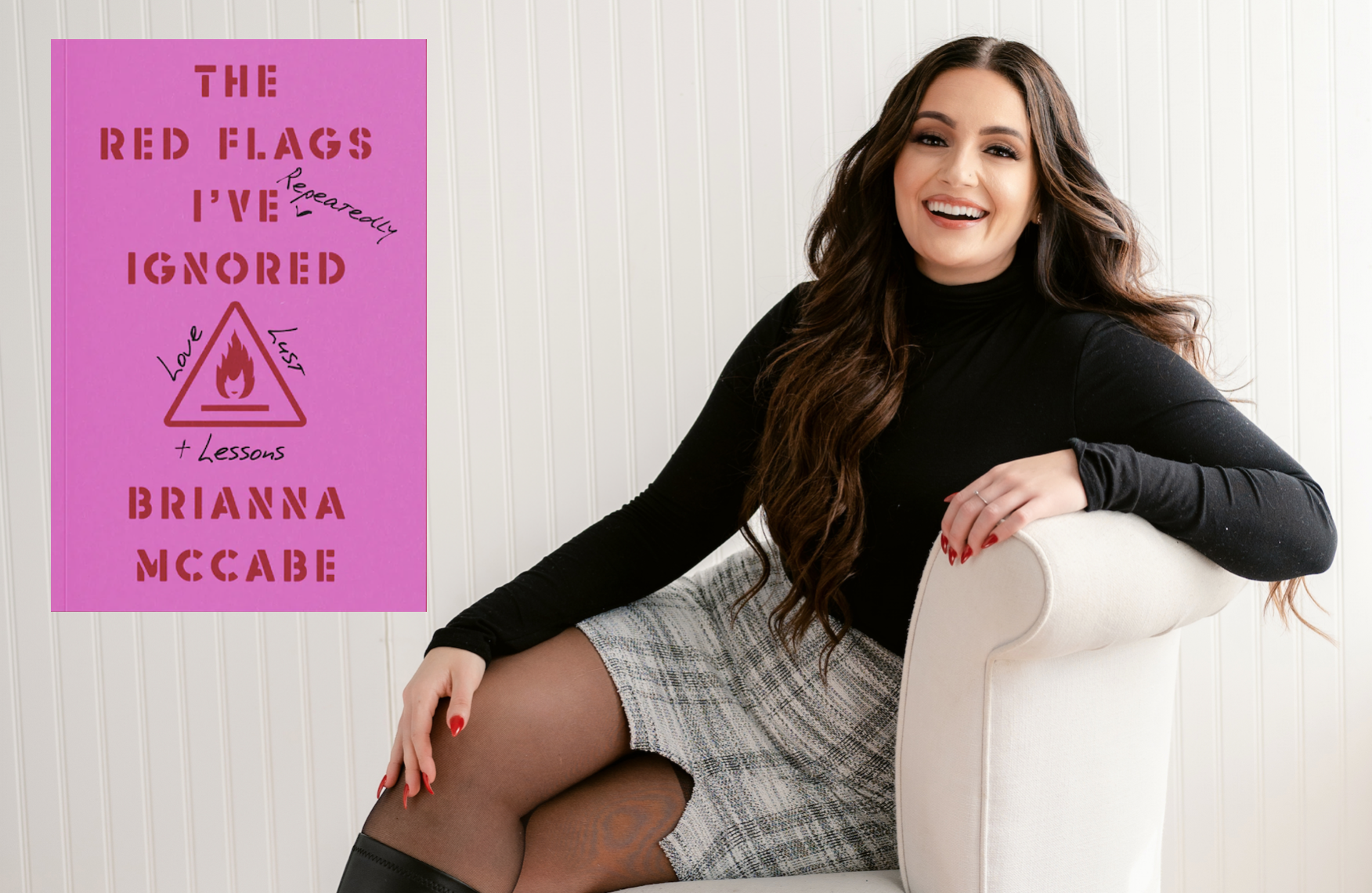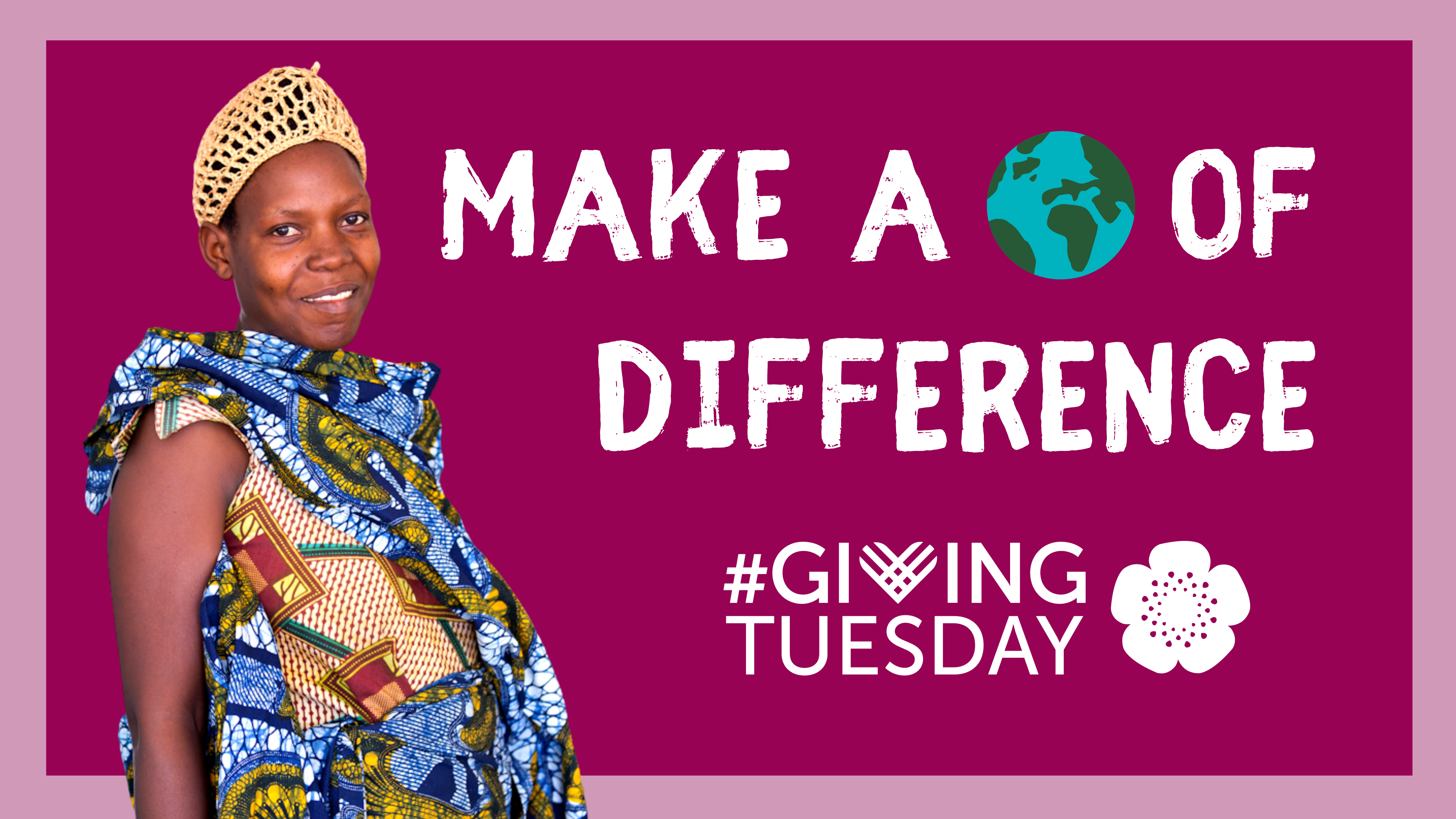By now the majority of us in the United States and hopefully elsewhere in the world are familiar with the movement and associated hashtag Black Lives Matter. It began in July 2013 after the acquittal of George Zimmerman, a Florida man who shot and killed Trayvon Martin in supposed self-defense, citing the state’s controversial “stand your ground” law.
In response to the shocking result, people everywhere were outraged and made their feelings known in protests, on social media and amongst communities. During the aftermath of what is now seen as the start of a new tipping point in race crimes in modern day America, the hashtag #blacklivesmatter starting trending on twitter and other social media platforms. It became a collective voice, if you will, for people to share their concerns about the relatively unspoken racism that happens in our communities and cities right across America.
There are those who would like to believe that we live in a “post-racial society” since the end of segregation and discrimination based on skin color was outlawed by the government, but legislation does not take away hate that festers in hearts, minds and bodies.
A little known fact about the black lives matter movement is that it was started by 3 black women: Patrisse Cullors, Alicia Garza and Opal Tometi. Aside from the obvious focus of bringing society to recognize there is a disproportionate amount of police violence toward black men, given the high-profile cases of Eric Garner, Michael Brown and Freddie Gray, the movement also seeks to look introspectively in the black community to give voice to people who have not had one before.
“Black Lives Matter is a unique contribution that goes beyond extrajudicial killings of Black people by police and vigilantes. It goes beyond the narrow nationalism that can be prevalent within some Black communities, which merely call on Black people to love Black, live Black and buy Black, keeping straight cis Black men in the front of the movement while our sisters, queer and trans and disabled folk take up roles in the background or not at all,” writes movement creator Alicia Garza on The Feminist Wire.
“Black Lives Matter affirms the lives of Black queer and trans folks, disabled folks, Black-undocumented folks, folks with records, women and all Black lives along the gender spectrum. It centers those that have been marginalized within Black liberation movements. It is a tactic to (re)build the Black liberation movement.”
Yes, the hashtag was created with a multi-layered purpose, and it is this which we are focusing on today as the issue may have died down in the mainstream media (for the moment), but the issues continue to rumble and rage within our communities and families.
In May this year, an important vigil was held in New York City under the hashtag #SayHerName. The idea was that although the killings of unarmed black men by police are a disgrace and deserve justice, let’s not forget about the many unarmed black women who are also killed by police yet we don’t see looting, rioting, or major protests happening across the country dominating CNN news headlines.
One news headline that has recently shocked many Americans was the suspicious death of 28 year old Sandra Bland from Chicago. She was in Texas for a job interview and was pulled over while driving for failing to indicate a turn using her turn signal. A few days later, while in police custody, she was found dead. The official report states she committed suicide, but there are many many doubts about this scenario, especially because Sandra was very active and vocal on social media about using the platform to raise awareness about police brutality. It is an ongoing investigation.
The #SayHerName vigil was held to honor the women whose names and lives have effectively been erased, and now Sandra’s name has sadly been added to this growing list. Activist and writer Marlon Peterson, who attended the vigil, wrote a great piece for Gawker outlining why we need to specifically give a damn about the individual black women murdered.
“We gathered to hear and say the name of the black women and girls who have been lost to state violence. We were not the same size crowd as we were when we marched for Tryavon, Mike, and Freddie. It felt as if the lives of these women did not matter as much. Our conditioning, this patriarchal bullshit, tells us not to acknowledge these women; most of us we are hardwired not to say her name,” he wrote.
“If we acknowledge the suffering and oppression of black and brown men, then we are required to acknowledge the suffering and oppression of black and brown women. This new learning would require us to understand that saying Michael Brown’s name and omitting Rekia Boyd’s is perpetuating a system of white racial superiority that boasts an insidiously shrewd legacy of brutalizing and dehumanizing black and brown people of all gender identities,” he continued.
He even shares some statistics saying although more black men were lynched during segregation, more black men are expelled from schools, and more black men are the victims of community violence, we cannot ignore that it still happens to black women, and there are areas where they suffer more, but are ignored.
“Black women are sexually assaulted more than men. Black women are victims of domestic abuse more than men. Consider how accepting we are of using the term “wife beater” to describe a type of undershirt because, according to urban folklore, in old black-and-white movies a man wore this type of undershirt as he beat his wife. In the US military, women like LaVena Johnson who enlist to fight for their country are brutalized, killed, and have their stories quieted by the same military and government they fight for,” he wrote.
The black women matter focus has been growing, and activists are recognizing the important not to take over the issue surrounding black men, but to amplify as much of the sidelined, segregated and targeted members of the black community by police and other authoritarian institutions as possible. This includes black women, and black LGBTQ folk as well.
A couple of artists teamed up to do their part for the Say Her Name movement. Brooklyn-based artists Tatyana Fazlalizadeh (who is also the creator of the internationally renowned street art project “Stop Telling Women to Smile“) and King Texas teamed up to create a project called Kinship which features a t-shirt with the name of 12 black women either killed by the state, hate, or sexual violence.
“We feel like black women are left out of the conversation when we’re talking about violence against black poeple in general. We see a lot of state violence, sexual violence; we’re experiencing violence at the hands of men in authority and men in a sexual nature. It’s a lot of racism, sexism, transphobia. We wanna talk about black women and trans women and put the focus on them for once,” Tatyana told .Mic.
So why should YOU care about the lives of black women even if you aren’t one? Because whether you are aware of it or not, black women affect your life, as does black culture. And if we are happy to focus on the awesome, empowering examples of women like Serena Williams, Beyonce, or Lupita Nyong’o, then we should be apt to talk about women like Rekia Boyd, Tyisha Miller, and Kayla Moore.
To further hammer home the point, remember when ‘The Hunger Games’ actress Amandla Stenberg released a video that went viral talking about how the musicians and the media loves to appropriate black culture but ignore the social, political and economic problems that exist within black communities? Her question “what if America loved black people as much as it loves black culture?” cut through like a knife. Recently, she got into a disagreement with Kylie Jenner on social media after the reality TV star posted an image of herself with cornrows and then proceeded to post another rant about how this appropriation is a blatant middle finger to the plight of black women everywhere in America.
When we praise people like Beyonce and forget about the Rekia Boyds, do we actually care that Beyonce is black or are we subconsciously white-washing her because her great achievements ring more true of a white, male-dominated industry?
Everyday black women who are still suffering under systemic discrimination that places their gender as well as skin color in a marginalized and subjugated category need to be lifted up and given permission to speak, act and thrive. We need to see more black female role models aside from just entertainment industry elite, because when we celebrate and acknowledge everyday struggles and the everyday culture of black women, we are more inclined to empathize with them.
We need more diverse role models across the board for young women in general, and we are certainly starting to see more black women in mainstream media and society showing a different side of what it looks like to be empowered and supported.
Loretta Lynch was recently sworn in as the first black female U.S Attorney General in April this year. In 2013 Aja Brown became the first female mayor of Compton, California, a city normally synonymous with gangs, crime and rap music has for the past two years seen a transformation thanks to a woman who had a vision to change the very fabric of the communities young men and women grow up in. January 2015 saw the election of Marilyn Mosby as the role of Baltimore State Attorney, and became the youngest top prosecutor to be elected in a major US city.
Marilyn is a woman who was thrust into the spotlight more recently after the death of Baltimore resident Freddie Grey. She charged 6 police officers who arrested Freddie and were present surrounding the circumstances of his death. A grand jury mostly agreed with her allegations and formally charged the police men. It was a major win in the current race crime in America and Marilyn’s stance as a state prosecutor and a representative and member of the black community in Baltimore, a city which experienced major rioting, violence and looting in the days following Freddie’s death, is what we need to see more of.
At the annual NAACP Conference in Philadelphia, Marilyn gave a keynote speech about the importance of role models and black women supporting each other. She was called “a symbol of racial justice” and was “hailed as a hero for black women” by the International Business Times who reported that she urged the women in the room to “maximize their value in their communities in order to overcome barriers”.
“Despite dealing with the daily stresses of our jobs, our families and our faith … we as African-American women have to overcome so many obstacles, stereotypes and, all too often, self-imposed barriers in the exhibition of leadership,” she said.
Marilyn cited official government figures that outline women make 77c cents on the dollar to what a man earns, but for black women it is even less – 64c, and consistently have the highest unemployment rate among women of all races.
Her mandate was for women to recognize each other’s struggles in order to be able to move beyond the popular public narrative of black women on society.
“Most of us here are educated women, but we need to reach those who only see the videos and hear the music that downgrades them constantly. They are not the objects that they are portrayed to be. Every great movement toward progress began with warrior women who had channeled their confidence and were unafraid to challenge the status quo in the pursuit of justice and equality,” she said.
One other woman who has gone beyond the stereotypes of black women is activist Bree Newsome who came to public attention in late June when she climbed up a flagpole outside the South Carolina state capitol building and took down the confederate flag in the wake of the shootings of 9 African-American church-goers by the hands of a young white male who had an affinity for both the flag and white supremacy.
Rather than wait for bureaucracy and government officials to spend weeks on end debating on whether the flag symbolizes the country’s racist past, Bree took it upon herself to take down the flag, fully aware that she would face consequences.
Her actions caught the attention of the nation, and since then, the flag has officially been taken down after South Carolina state representatives voted on the decision. In an essay for Blue Nation Review, Bree spoke about her bold and dangerous decision to climb up the flagpole, saying after weighing up the immense racism and discrimination that African Americans and her ancestors endured for so long, it was worth it. Not just retrospectively, but also for future generations to know why standing up for justice is not a luxury.
“I removed the flag not only in defiance of those who enslaved my ancestors in the southern United States, but also in defiance of the oppression that continues against black people globally in 2015…I did it for all the fierce black women on the front lines of the movement and for all the little black girls who are watching us. I did it because I am free,” she wrote.
“My African ancestors entered this continent through the slave market in Charleston. I am descended from those who survived racial oppression as they built this nation. The southern heritage I embrace is the legacy of a people unbowed by racial oppression. It includes towering figures of the Civil Rights Movement, [as well as] the many people who rarely make the history books but without whom there is no movement,” she continued.
“I encourage everyone to understand the history, recognize the problems of the present and take action to show the world that the status quo is not acceptable. New eras require new models of leadership. This is a multi-leader movement. I believe that. I stand by that. I am because we are. I am one of many. This moment is a call to action for us all,” she ended.
Her words may make specific mention to her stunt climbing up a flagpole to remove the Confederate flag, but her urgings have a familiar ring that speak to issues that black communities, and in particular, black women face on a daily basis.
We need new models of leadership, a ground work of support and understanding, and the type of empathy that goes beyond the praise of Beyonce and pictures of her daughter on Instagram. When we talk about Black Lives Matter, and the black women who not only created the movement, but the black women who deserve justice as much as Freddie, Trayvon, Eric and Michael, we are talking about a cultural shift that sees the marginalized as equal and powerful.
We need to pay attention to the black women killed by police, by hate, and by violence. If we are to change the status quo and the conversation, we have to be willing to go where it is uncomfortable for the sake of those who are desperate for an equal share of representation in society. Because if black lives truly do matter, then black women matter.


























6 thoughts on “Why ‘Say Her Name’ Is A Vital Part Of The ‘Black Lives Matter’ Movement”